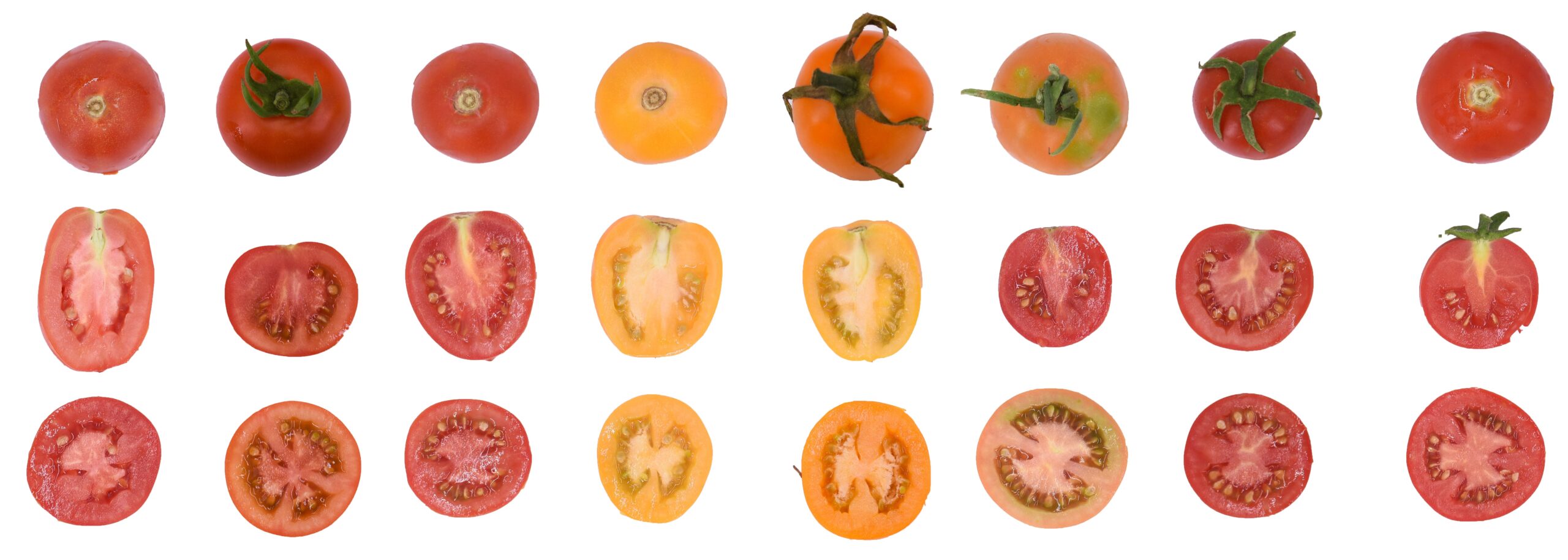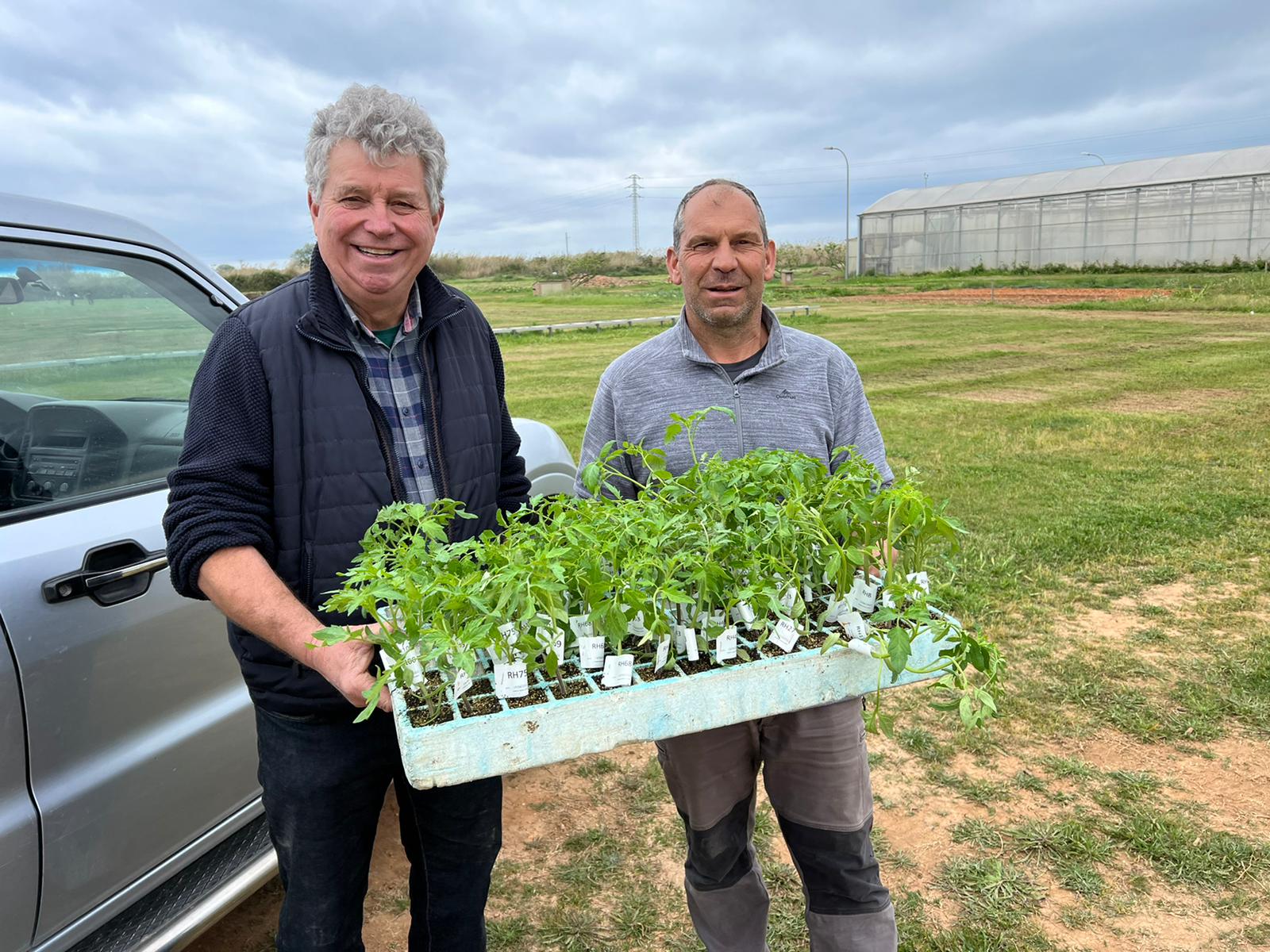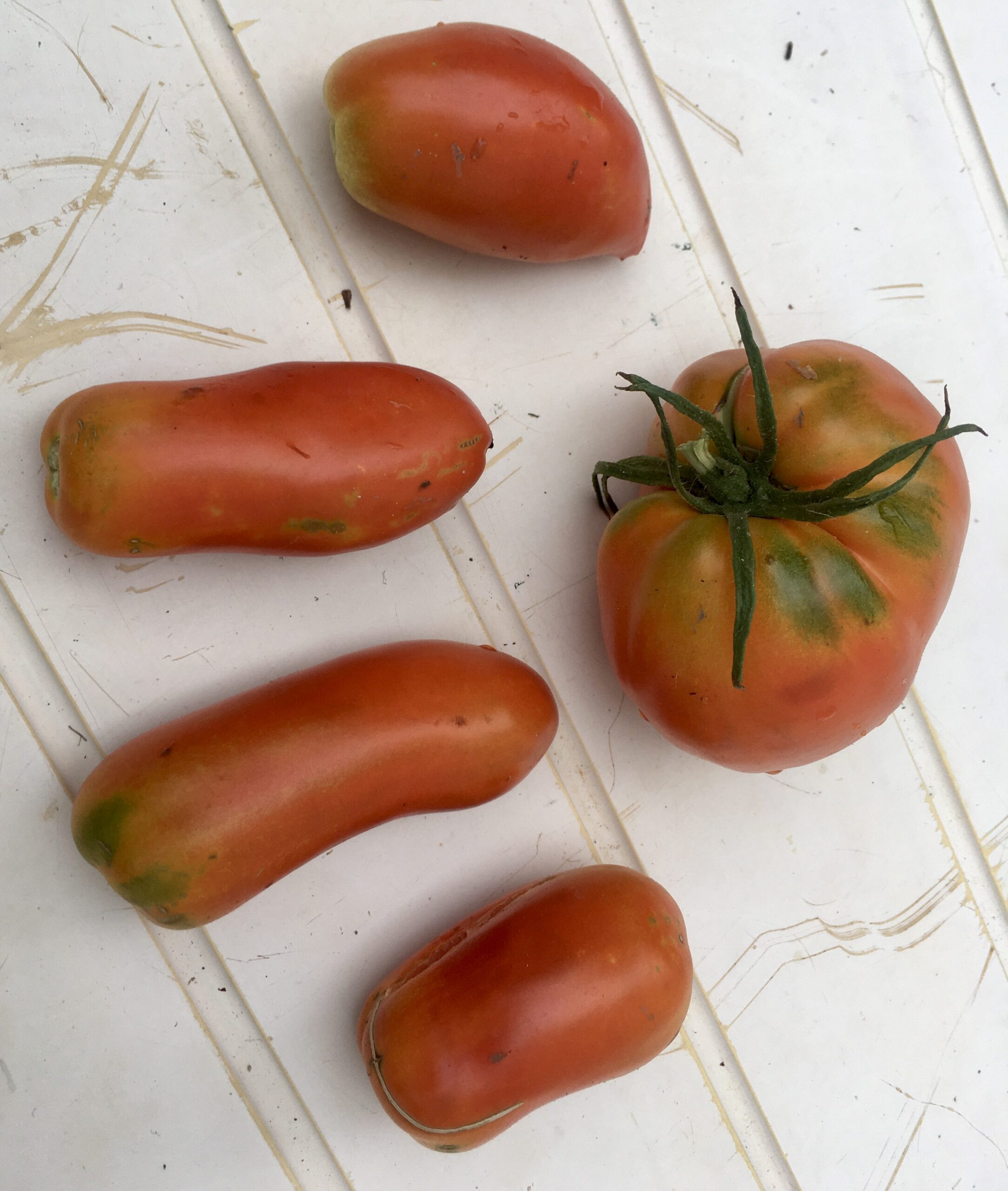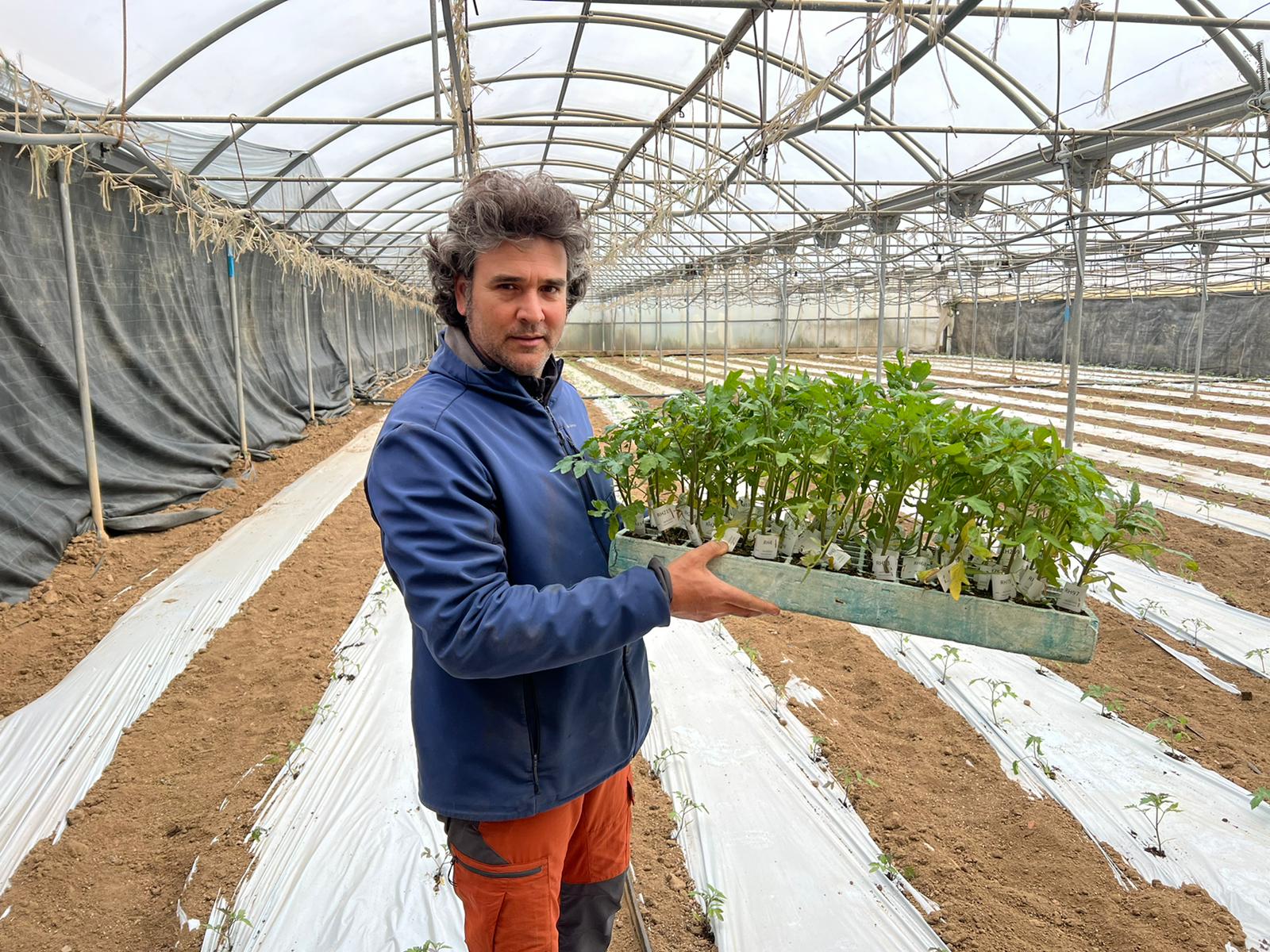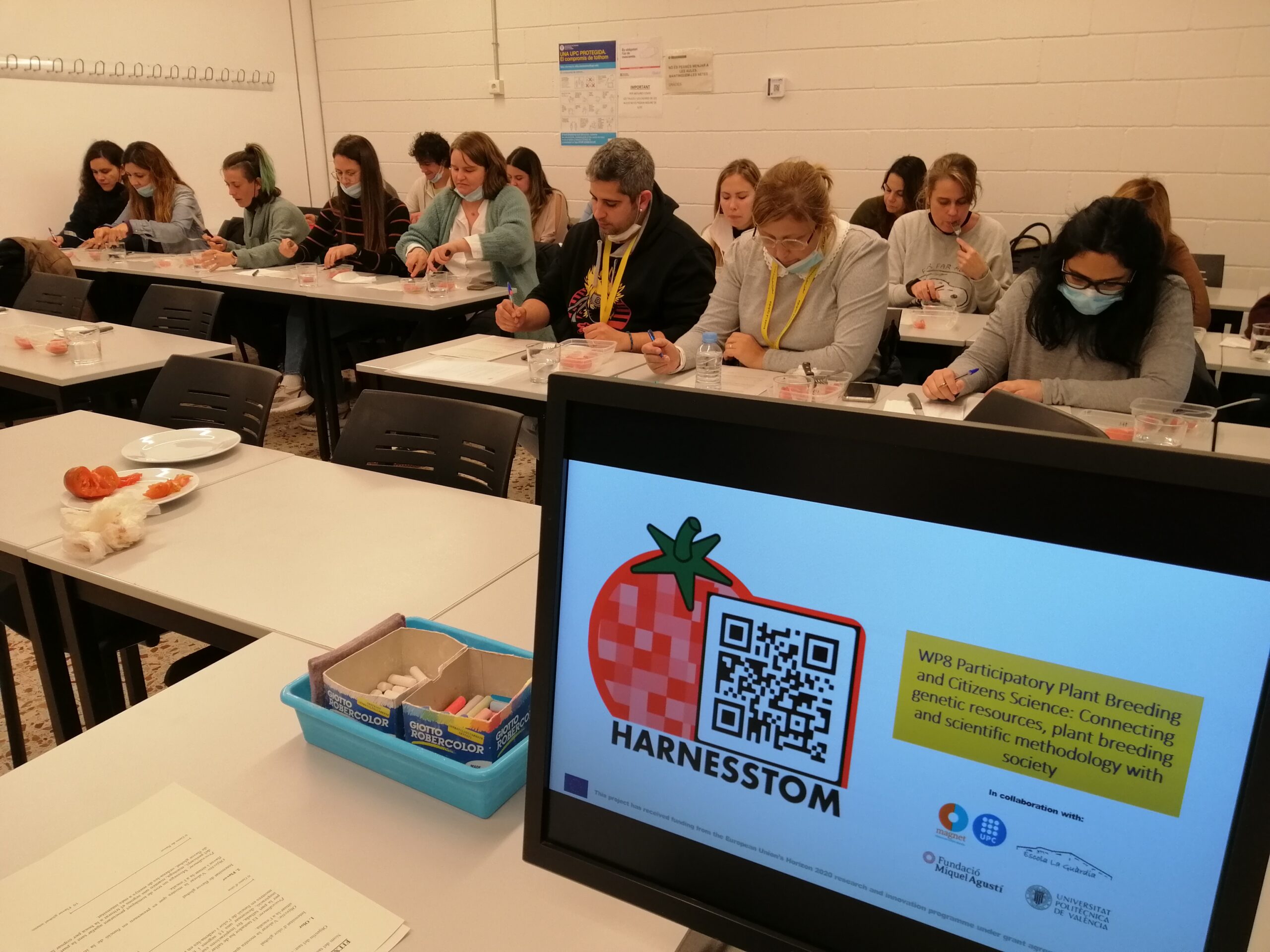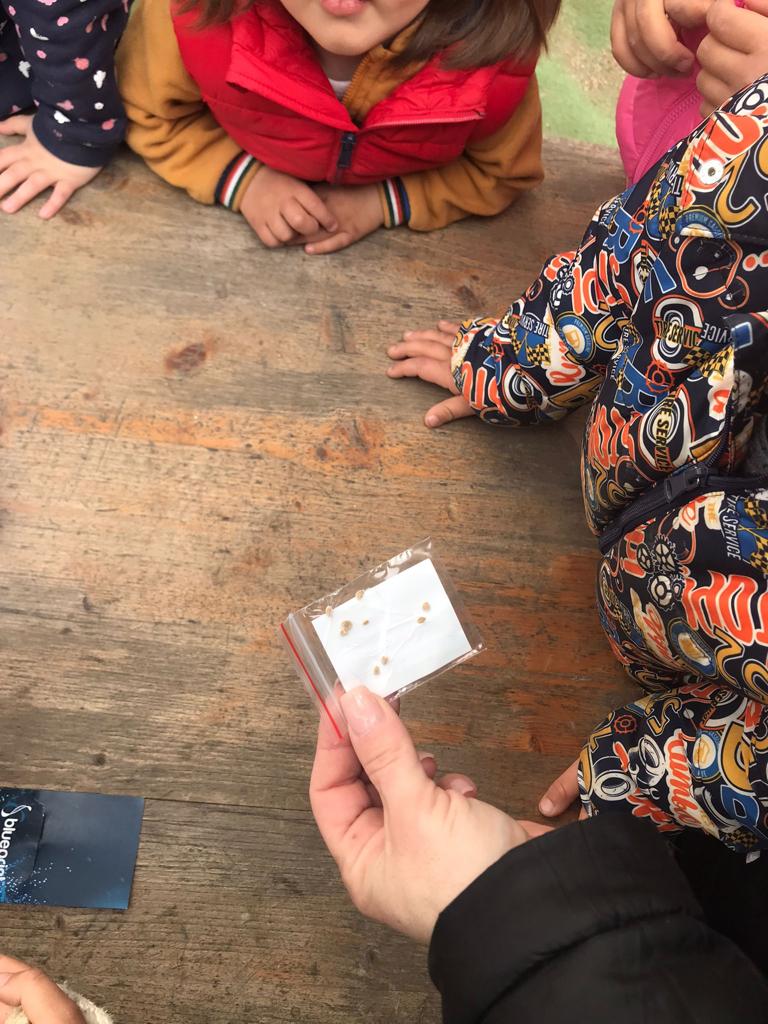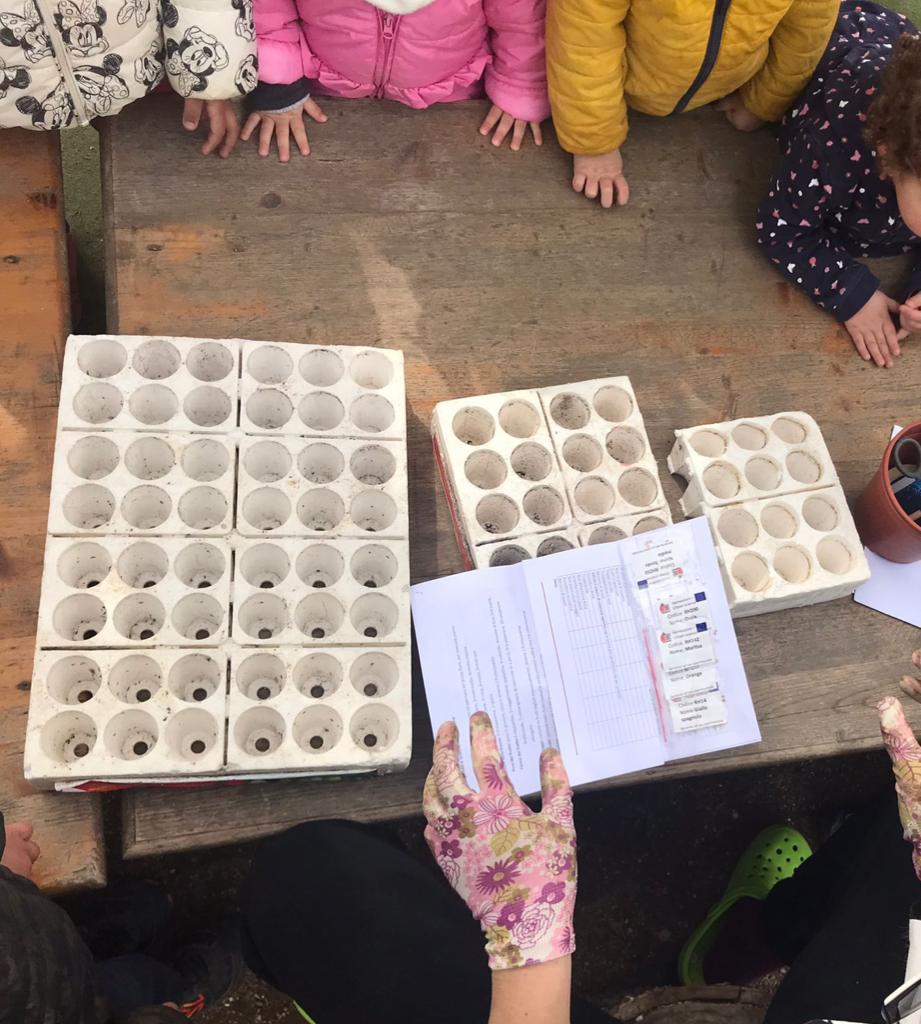Honorary Mention
Unlocking tomato genetic resources to benefit farmers, citizens and chefs
Plant genetic resources play a pivotal role in food sustainability. Despite a huge genetic diversity preserved in germplasm banks, it remains underutilized, mostly because the materials are hindered to the final users. With the aim of transferring this knowledge, citizen science strategies are being implemented within the *HARNESSTOM* project. To identify key traits that drive consumer acceptance, a survey was conducted on a European scale (3,123 participants). The results have been used to filter germplasm collections and to select a panel of 241 promising varieties. These have been submitted to the evaluation of farmers through Participatory Selection trials (63 farmers), chefs through sensory analysis, and citizens through the distribution of seed kits (581 citizens). 500 high-school students are participating in the data analysis. Overall *HARNESSTOM* is evaluating different citizenmethodologies to speed up the transfer of results from European research projects to the farmers’ fields.
Jury Statement
This pan-European project involves farmers, scientists, citizens and chefs to explore the real-world differences arising from the genetic diversity of tomatoes. The research for HARNESSTOM could not be carried out without the projects’ citizen scientists. From contributing tomato farming or growing practices to understand how different tomato species survive in the real world, to participating in sensory surveys and evaluations to discern their tastiness, this transdisciplinary project democratises the variety of tomatoes stored within European germoplasm banks, and helps determine how they can contribute to future food security – and enjoyment.
European Union Prize for Citizen Science Jury 2023 (Kat Austen, Lewis Hou, Pedro Russo, Andrea Sforzi, Stefanie Wuschitz). View full Statement here.
Credits
Supported by European Commission’s H2020 Research and Innovation program through HARNESSTOM grant agreement No. 101000716
Biographies
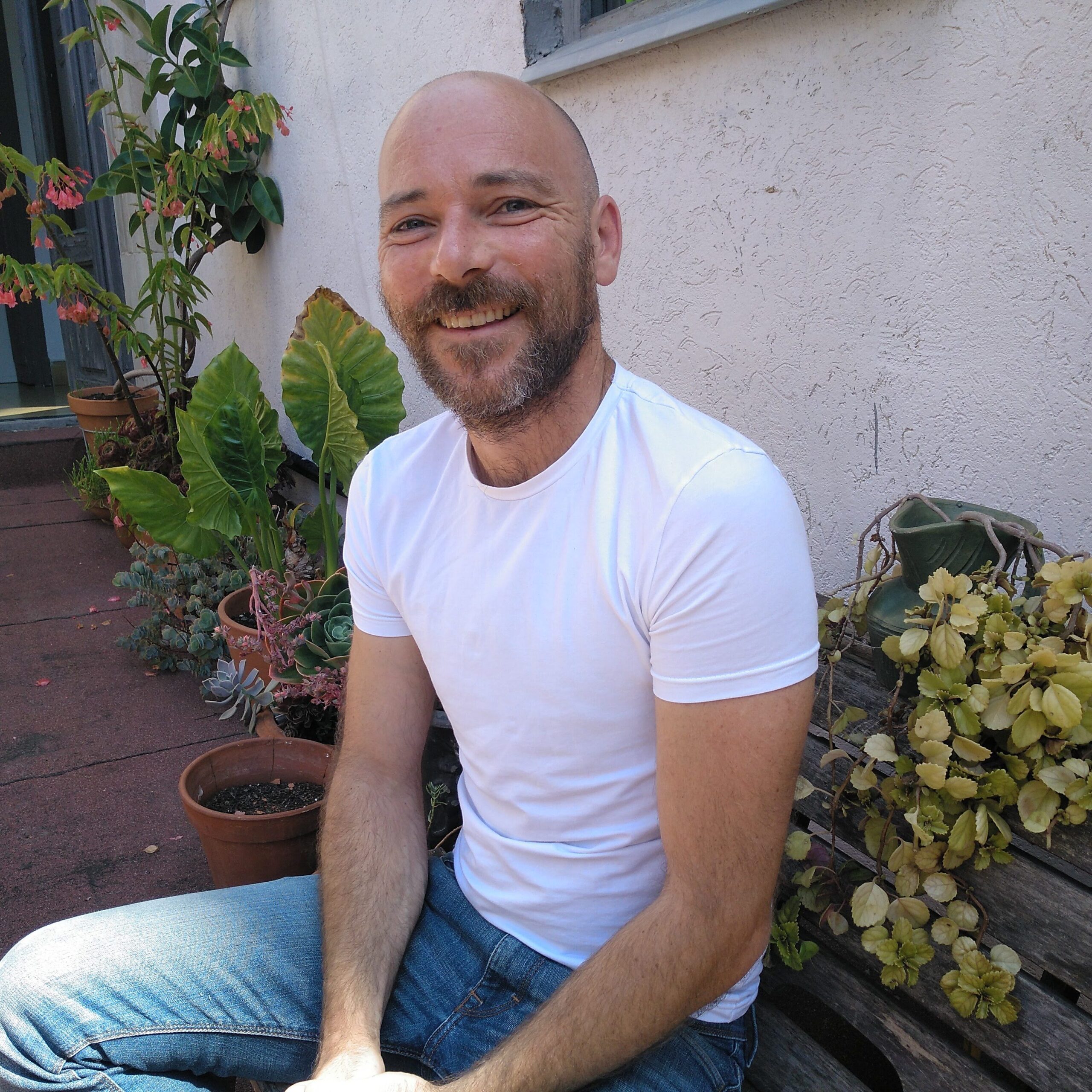
Joan Casals Missio
Joan Casals Missio (ES) is an Agricultural Engineer (UPC, 2006), Master in Peri-urban Agriculture (UPC, 2009), and PhD in Agrifood Engineering and Biotechnology (UPC, 2012). Serra Hunter Lecturer at the Polytechnic University of Catalonia. Scientific Director of the research center Fundació Miquel Agustí (FMA) and of the Mixt Unity “Breeding and valorization of vegetable landraces” (UPV-UPC). His research has focused on plant genetic resources conservation (PGR) and the plant breeding of horticultural species for quality traits, especially the improvement of traditional tomato varieties for organoleptic characteristics. He is responsible for the tomato collection (>900 accessions) of the FMA-UPC Germplasm Bank, leading different plant breeding programs and research and transfer projects related to the conservation of PGR and rural development.
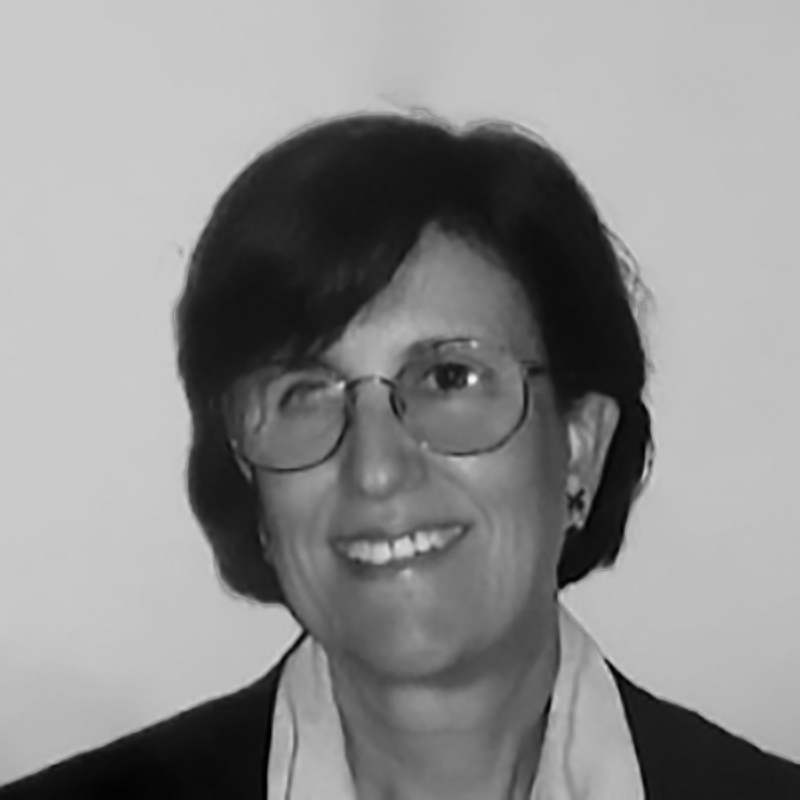
Maria José Díez Niclós
Maria José Díez Niclós (ES) is a Professor at the Department of Biotechnology from the Polytechnic University of Valencia and director of the Germplasm Bank of the Instituto de Conservación y Mejora de la Agrodiversidad Valenciana (COMAV-UPV). Her research has focused on deciphering the origin and domestication of tomato, and the study of the genetic diversity of primary and secondary genepools.
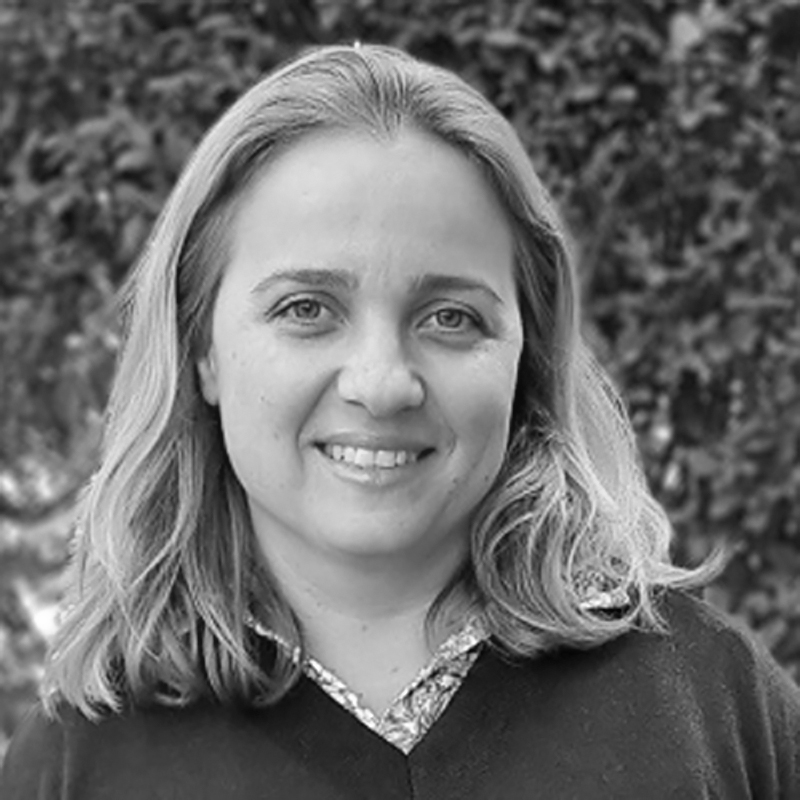
Ivanka Tringovska
Ivanka Tringovska (BG) is Associate Professor and Deputy Director at the Maritsa Vegetable Crops Research Institute. Her research has focused on deciphering the genetic resistance of tomatoes to different viruses, and developing sustainable production techniques in tomatoes and other related horticultural crops.

Andrea Mazzucato
Andrea Mazzucato (IT) is a Professor at the Department of Agriculture and Forest Sciences from the Università degli Studi Della Tuscia. His research has focused on the analysis of the genetic diversity of tomato landraces, boosting its cultivation in low input conditions, and on the genetic regulation of flowering.

Antonio Granell Richart
Antonio Granell Richart (ES) is a Research Professor at CSIC. Durig his PhD he did pioneering work with pathogenesis related proteins and then moved as a post doc to work for more than three years on plant molecular genetics at the Plant Science Institute in Penn University (Cashmore’s lab). He then joined the Plant Group at the Instituto de Agroquímica in Valencia to work on plant senescence. Since 2006 his main interest has been fruit quality using tomato as model system but sometimes also in Citrus and Peach fruit. A huge effort has been put into developing technologies (omics technologies; specially metabolomics, and transcriptomics), participation in international consortia such as the Tomato Sequencing Consortium and in making the genomic information available to the plant research community (chillpeach and ESPSOL databases and participation in Solgenomics). Antonio is group leader of PGB, the scientific coordinator of the metabolomics facility and is in charge of the Molecular Breeding projects.
